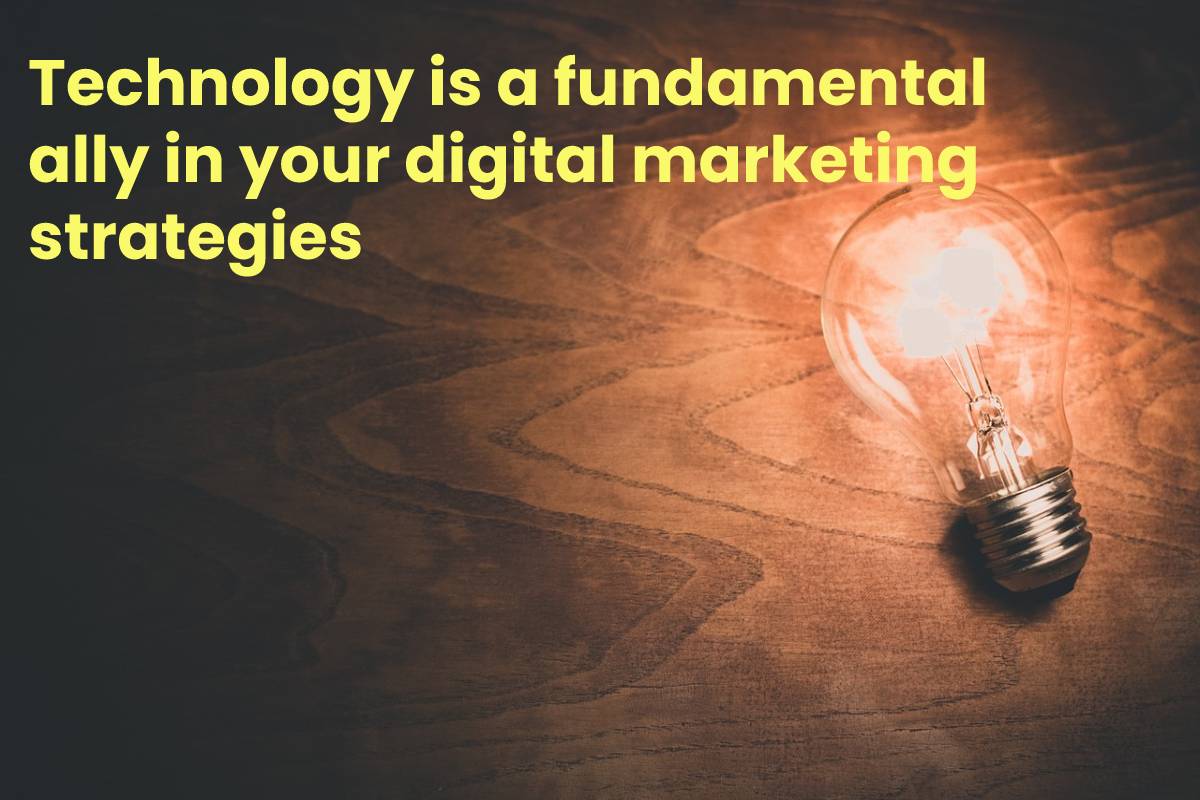Table of Contents
Technology is a fundamental ally
Technology and innovation are fighting for a fundamental role in the new global order of business. The challenges now arise in digital environments, requiring new and better digital marketing strategies. Approaching the next customers from the new diffusion channels involves a reinvention of the methods.Therefore Technology is a fundamental ally in your digital marketing strategies.
Whoever runs the show in the digital marketing department must be ready for change. The constant ups and downs driven by technological advances motivate them to approach change as a regular.
This new reality also poses the challenge of humanizing brands through the effective use of technology. Those who are not aware of it will perish in an attempt to keep traditional business models current.
The human factor within a digital marketing strategy will be one of the main focuses. It will bring brands closer to an audience that seeks to identify themselves and provide them with reliable solutions.
There can be no marketing if you do not consider the emotions, impact, and needs of potential customers. Failure is at the door of that intricate corridor that many companies walkthrough because they are not clear about their objectives.
Digital transformation helps the digital marketer grow, create new markets, and maintain corporate culture. In this way, their actions will be influencing both internally and externally.
That is why the good comes through the door, and, in this case, you have to guard the digital marketing strategy with the proper use of new technologies. There is no other formula to face your customers’ needs or to attend or listen to what they want from your product.
The irruption of data in digital marketing
But how can these new technologies also be offered to consumers? The irruption of data in digital marketing provides the answers and mechanisms to achieve it. Like communication, digital marketing leveraged by technology can change the corporate and commercial culture.
More than 22% of start-ups are working in technology-based fields. Also, online sales continue to gain ground. Who does not buy any product or service online today?
Achieving such breakthroughs requires the marketer to break through the barrier of prescriptive analytics. Failing to do so will make it difficult for you to know or predict your customers’ real needs in addition to anticipating them.
That is where the data comes into play because these professionals’ profiles adapt to effective ROI analytics, which seeks to increase the brand’s satisfaction rate and prevent it from losing its commercial value. This information can be obtained through Big Data, essential in any marketing strategy design.
The data fed by the technological tools for its collection has allowed optimizing the marketing department’s functions. It is responsible for creating new knowledge spaces where you can have accurate information to develop each campaign.
But the more data, the greater the demand for technology that allows its collection, storage, and processing. And that is where the new paradigm of “digital thinking” arrives in a disruptive way.
The development of artificial intelligence now provides the marketer with another powerful tool for Big Data analysis. It has allowed significant advances in the creation of new knowledge bases and understanding of customer needs.



